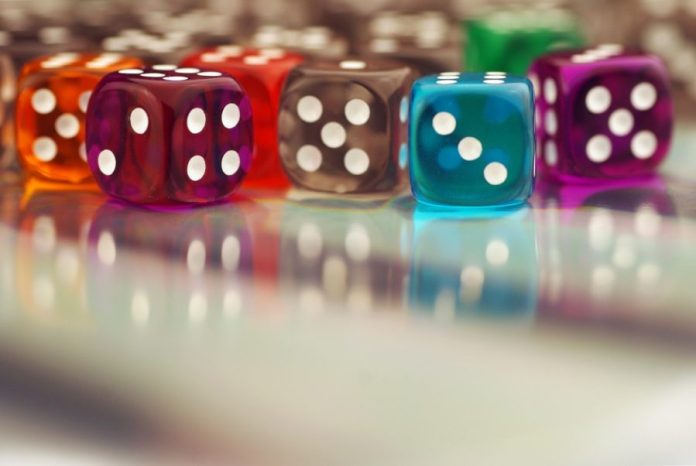
Last year was a huge year for elections. Countries like India, the USA, and the UK all had general elections in 2024, and, as ever, there was a massive amount of polling conducted. In many countries, the polling was off by considerable margins. Yet, perhaps a more apt way to put it is that the polling was perceived to be inaccurate. Many pollsters defended their work, claiming that we, as humans, have a propensity to misinterpret what they are saying.
To clarify what they mean, let’s consider a hypothetical scenario. Say, for instance, that a poll said that Kamala Harris had an 85% chance of carrying a certain state in the US Presidential elections. Most of us are hard-wired to think she is almost certainly going to win that state. And when the reverse happens, it is considered a shock.
Dice games can give us perspective
Yet, if we look at it another way, the chances of Donald Trump carrying that state at 15% were similar to correctly calling the correct number in a single dice roll. Would you really be shocked if you called a “three” and rolled a “three.” You can try it yourself with a physical dice or in by playing an arcade game like Classic Dice, which is available alongside social slots at Pulsz games online. It’s not really shocking to make the call, although it may be statistically in your favor.
Polling is just one example of how we, as humans, tend to struggle with probability and understanding chance and risk. We mentioned rolling dice there, and while a simple dice roll can probably better help us understand real-world events like elections, there are times in games of chance when our difficulty with probability gets the better of us.
Consider the so-called gambler’s fallacy, which basically concerns our inability to distinguish between independent events. For instance, if heads came up five times in a row in a coin toss, we feel that it must be more likely that tails will come next. Yet, it is still 50-50. The problem is that we know that over time (potentially many thousands of coin tosses), it will naturally even out, yet each toss is independent.
Emotions dictate our predictions
Emotions obviously weigh heavily on our understanding of probability. A simple example is wanting to win a roulette bet, which naturally makes us believe the outcome is more likely to be favorable the next round. But there are more emotive examples. Consider people’s fear of shark attacks, something that happens very, very rarely. You are numerous times more likely to be killed by a lightning strike than killed by a shark. In fact, you are more likely to drown in your bathtub, but the same people who are cautious of dipping a toe in the sea likely have no problem jumping in a bath.
One of the more interesting areas at the moment, especially in this age of internet misinformation, is the problem with correlation, causation, and coincidence. It’s a huge issue when it comes to areas like medicine. We won’t wade into the hot-button topic debate over vaccine safety, but it is a prime example. You take a vaccine and have a seizure two days later, so your brain naturally thinks it was caused by the vaccine. Yet, that is not necessarily true; it could simply be a coincidence. The evidence is only anecdotal.
The problem is that we humans naturally look for patterns in everything, and those patterns often don’t exist. It makes us overconfident in certain situations like spinning a roulette wheel or picking lottery numbers, and it makes us fearful when we consider the worst-case scenarios when getting on a plane or going sky-diving. It’s the human way, but if you can take a step back and think about things a little more objectively, it can help you make smarter decisions for many aspects of your life.


